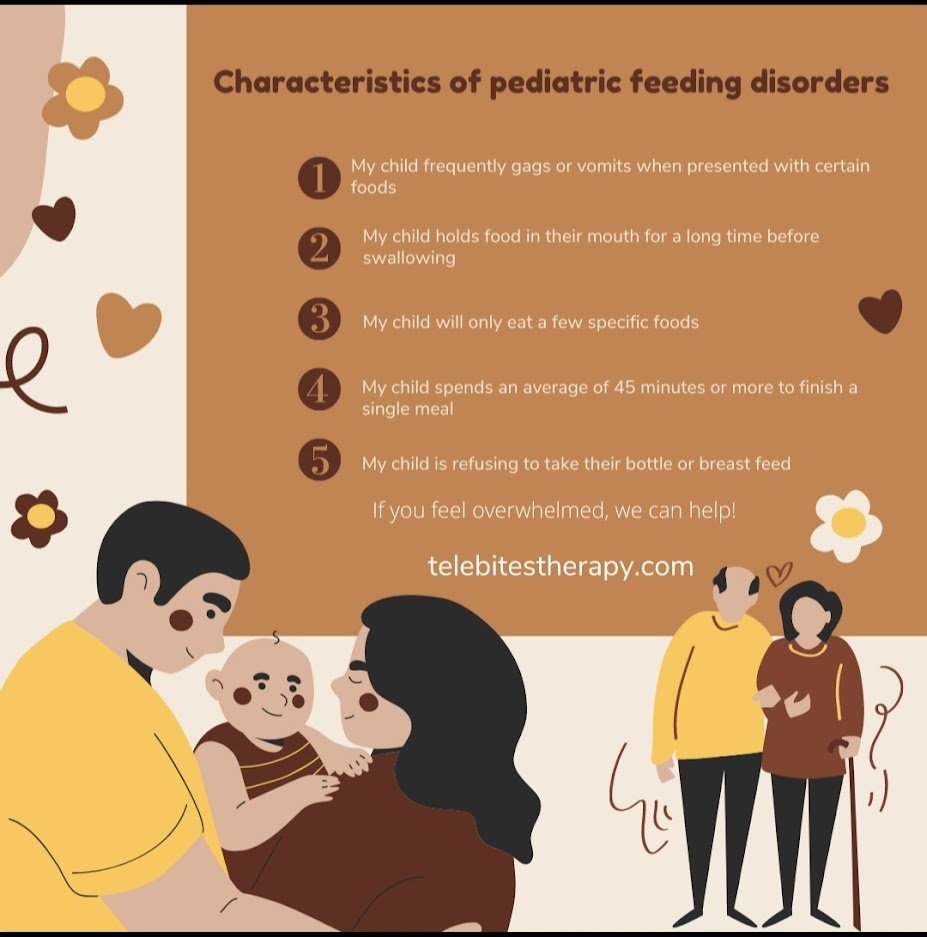How to recognize the signs of a pediatric sensory based feeding disorder
When babies begin to drink and eat foods, sometimes they have some signs of struggle. It is difficult for parents to tell whether their child is a picky eater or if it is something more serious. Failure to thrive, baby is not gaining enough weight, can be a sign your child may have a pediatric feeding disorder (PFD). There are some common signs such as
- Food refusals and aversions.
- Gagging and vomiting.
- Difficulty progressing onto new textures.
- Poor weight gain.
- Failure to thrive.
- Stress and anxiety surrounding meal times for the child and the family
A clinical swallow evaluation performed by a licensed SLP speech language pathologist can give answers and diagnose a sensory based feeding disorder.

Causes of sensory based feeding disorders
Many times children are born with pre-existing health conditions such as cardiac issues, autism, gastroesophageal reflux disease (GERD), Laryngomalacia or another underlying condition that makes feeding difficult. Once the cause of the feeding difficulty is determined, steps can be taken to help the child thrive. A SLP that specializes in feeding therapy can help. The steps for improving children’s sensory based feeding disorders include tolerating, interacting, touching, smelling, tasting, chewing, and swallowing new or non-preferred foods. Providing exposure and positive experiences to the sensory systems involved will help children learn to tolerate and eventually enjoy new foods.
